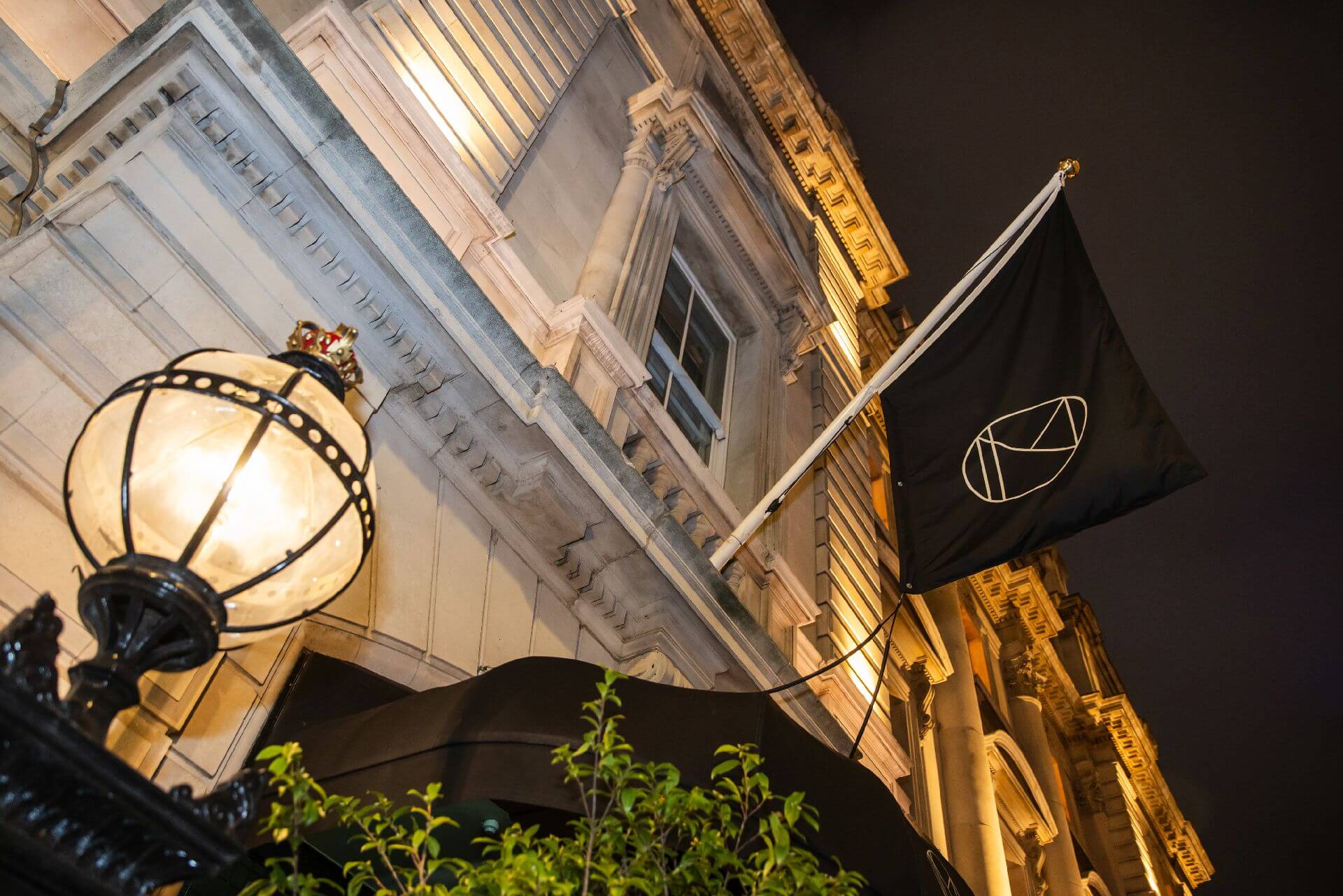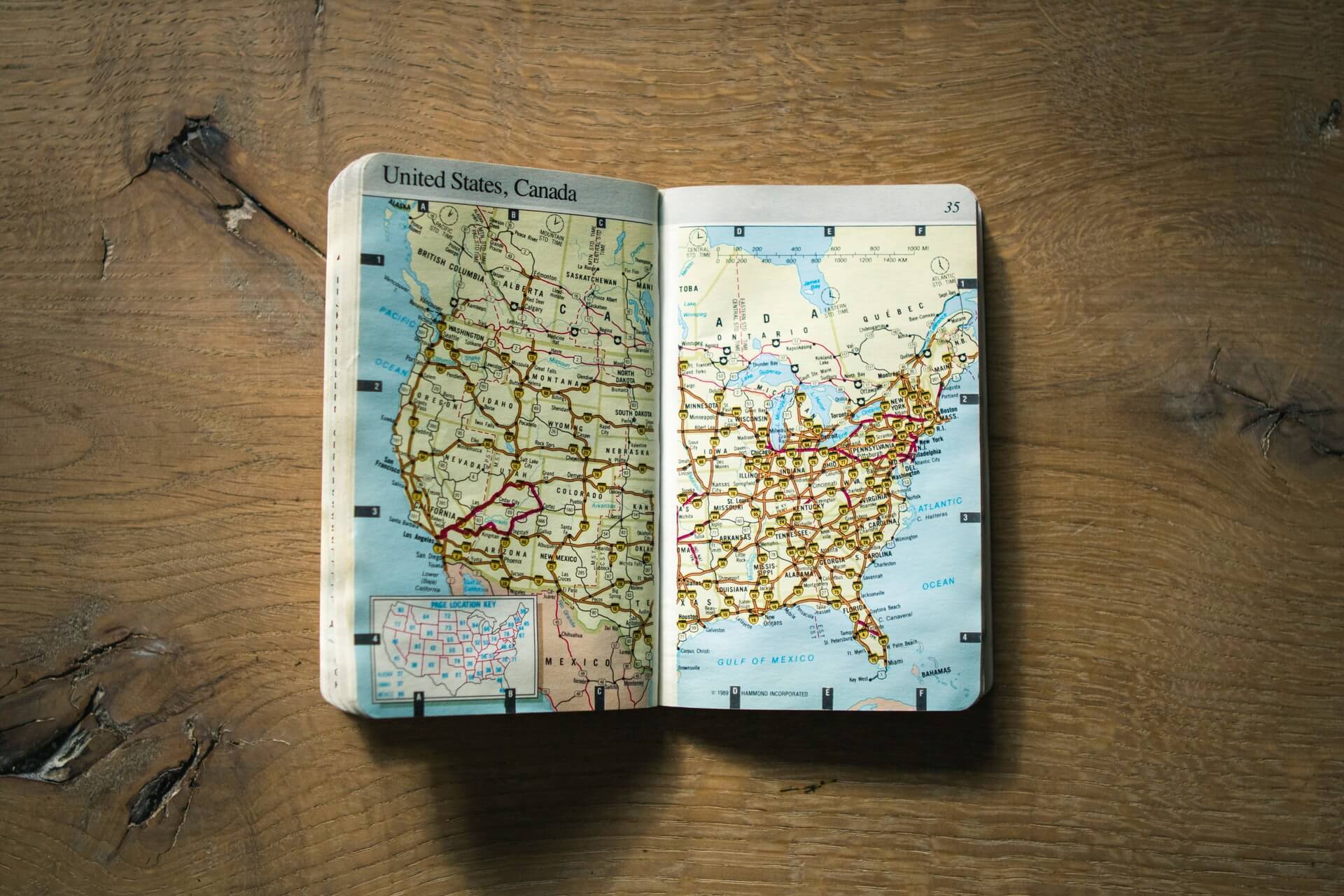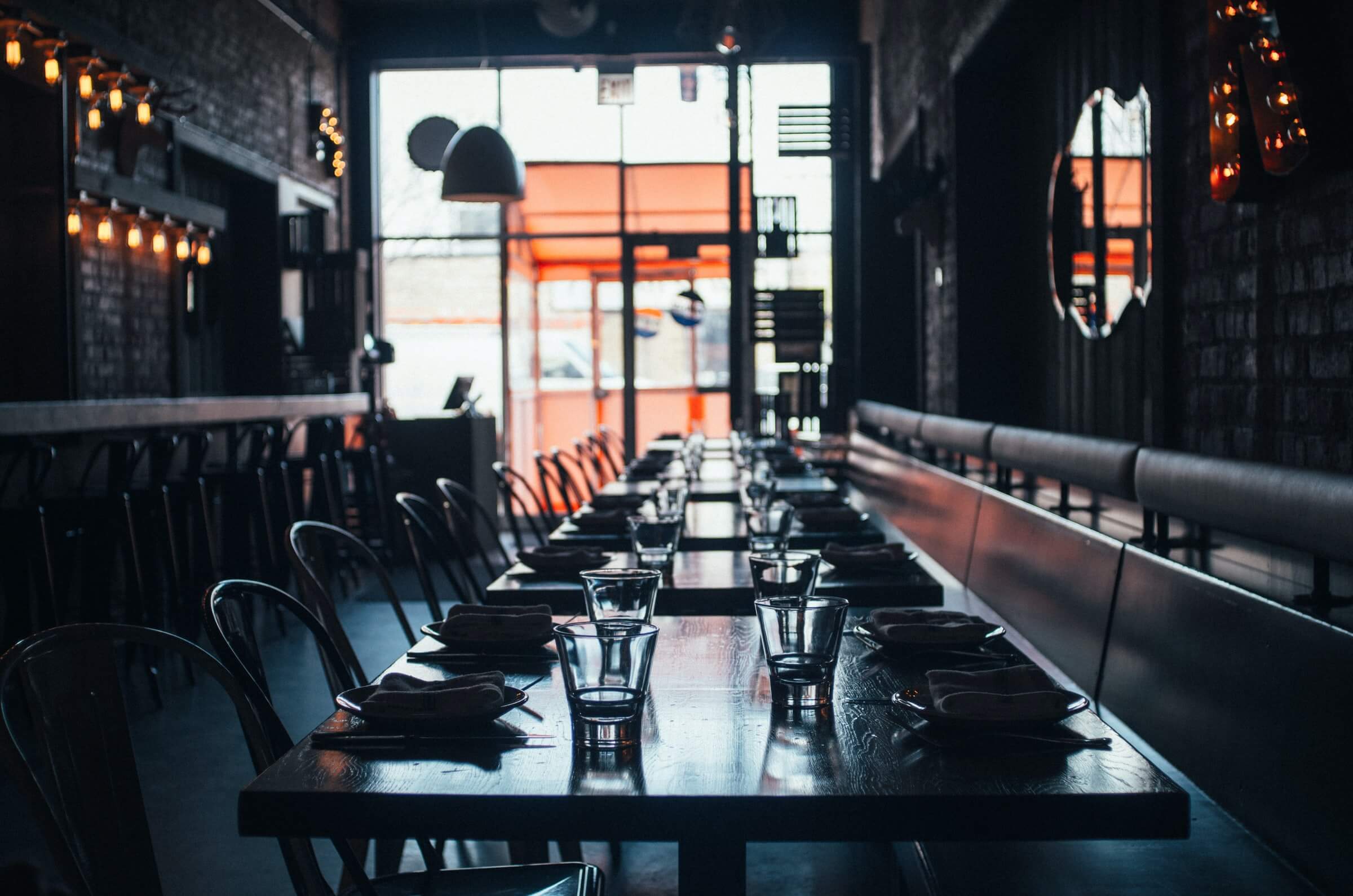World’s 50 Best Reveals the top Hotels
by David Klemt

The inaugural ceremony took place at Guildhall in London, England.
The World’s 50 Best launches their inaugural World’s 50 Best Hotels list and recognizes the finest hotels and resorts across six continents.
Mark Sansom, content director for the World’s 50 Best Bars, revealed this new list on episode 90 of the Bar Hacks podcast. That episode was published in January of this year.
Adding the World’s 50 Best Hotels to the World’s 50 Best portfolio makes perfect sense.
The organization first began ranking restaurants in 2002. In 2013, the World’s 50 Best Restaurants introduced regional lists, including Asia’s 50 Best Restaurants.
Then came the World’s 50 Best Bars in 2009. In 2012, the list celebrated its inaugural awards ceremony. The first regional list was launched in 2016, and North America’s 50 Best Bars was kicked off in 2022.
F&B, of course, pairs perfectly with travel. To have food, beverage, and travel under one umbrella shows the World’s 50 Best’s commitment to evolving and celebrating the best of hospitality as a whole.
As you’ll see below, this inaugural list is undeniably impressive. The World’s 50 Best Hotels have set an incredible standard with this list of properties.
That begs a question: If these are the winners for 2023, what amazing hotels and resorts will earn placements on the list in the coming years?
Congratulations to the first 50 winners to earn spots on the list!
The World’s 50 Best Hotels 2023: 50 to 11
- Hôtel de Crillon (Paris, France)
- Six Sense Ibiza (Portinatx, Ibiza, Spain)
- Equinox New York (New York City, New York, United States of America)
- The Savoy (London, England, United Kingdom)
- NoMad London (London, England, United Kingdom)
- The Oberoi Amarvilas (Agra, Uttar Pradesh, India)
- Atlantis the Royal (Dubai, United Arab Emirates)
- Badrutt’s Palace (St. Moritz, Switzerland)
- The Siam (Bangkok, Thailand)
- Eden Rock (St. Barths)
- Desa Potato Head (Seminyak, Bali, Indonesia)
- Hoshinoya Tokyo (Tokyo, Japan)
- Amangalla (Galle, Sri Lanka)
- The Newt (Bruton, England, United Kingdom)(winner of the Carlo Alberto Best Boutique Hotel)
- Soneva Jani (Maldives)
- Four Seasons Astir Palace (Athens, Greece)
- Cheval Blanc (Paris, France)
- Hotel Du Cap-Eden-Roc (Antibes, France)
- Gleneagles Hotel (Auchterarder, Scotland, United Kingdom)(featured on the Bar Hacks podcast)(winner of the Art of Hospitality Award)
- La Réserve (Paris, France)
- Park Hyatt Kyoto (Kyoto, Japan)
- Le Bristol (Paris, France)
- Capella Singapore (Singapore)
- Rosewood São Paulo (São Paulo, Brazil)
- The Maybourne Riviera (Roquebrune-Cap-Martin, France)
- Aman New York (New York City, New York, United States of America)
- Four Seasons Madrid (Madrid, Spain)
- Royal Mansour (Marrakech, Morocco)
- The Connaught (London, England, United Kingdom)
- Borgo Egnazia (Savelletri, Puglia, Italy)
- Le Sirenuse (Positano, Campania, Italy)
- Hotel Esencia (Tulum, Quintana Roo, Mexico)
- Nihi Sumba (Wanokaka, Sumba Island, Indonesia)
- Raffles Singapore (Singapore)
- Claridge’s (London, England, United Kingdom)
- Singita Lodges – Kruger National Park (Kruger National Park, South Africa)(winner of the Flor de Caña Eco Hotel Award)
- Aman Venice (Venice, Veneta, Italy)
- Chablé Yucatán (Chocholá, Yucatán, Mexico)
- The Calile (Brisbane, Queensland, Australia)
- Capella Bangkok (Bangkok, Thailand)(winner of the Nikka Best New Hotel Award)
The World’s 50 Best Hotels 2023: 10 to One
- Mandarin Oriental Bangkok (Bangkok, Thailand)
- Four Seasons Firenze (Florence, Tuscany, Italy)
- One&Only Mandarina (Puerto Vallarta, Jalisco, Mexico)
- Soneva Fushi (Maldives)(winner of the Lost Explorer Best Beach Hotel Award)
- La Mamounia (Marrakech, Morocco)
- Aman Tokyo (Tokyo, Japan)
- The Upper House (Hong Kong)
- Four Seasons Bangkok at Chao Phraya River (Bangkok, Thailand)
- Rosewood Hong Kong (Hong Kong)
- Passalacqua (Moltrasio, Como, Italy)
The Lodge at Blue Sky, a property in the Auberge Resorts Collection, in Park City, Utah, USA, earned the Lavazza One to Watch Award. Also, 28-year industry veteran Sonu Shivdasani OBE, the co-founder and CEO of Soneva, took home the SevenRooms Icon Award.
This year’s top hotel, Passalacqua, has been welcoming guests for barely a year. However, the property itself was built in the late 1700s for Count Andrea Lucini Passalacqua.
After undergoing a three-year restoration, the intimate hotel proudly offers guests stunning views of Lake Como. Owned by the family behind the 84-key Grand Hotel Tremezzo, Passalacqua features just 24 keys. The suites are spread out between the primary villa, the country-house-styled Palazz, and Casa al Lago, which is located close to the waters of Lake Como.
This is truly a deserving winner, an ultra-luxe but relaxing resort. Moreover, Passalacqua shows that a resort with just two dozen keys can compete against hotels several times its size.
Image: David Holbrook



